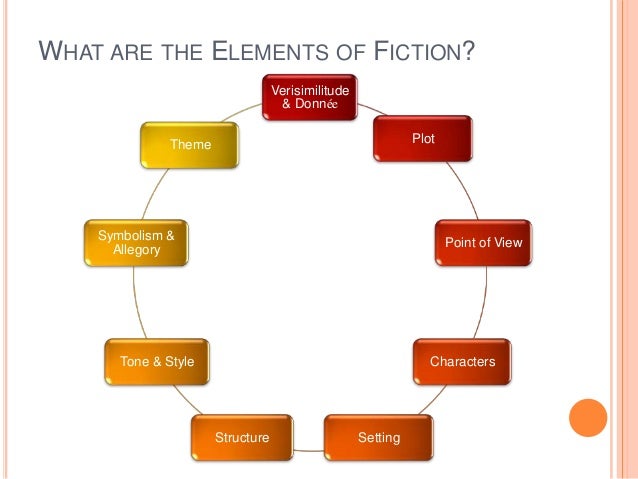

The plot is the sequence of events that make up your story. – Make them active: rather than having your characters just react to things that happen to them, have them take action and drive the story forward. This will make them more interesting and believable. – Give them distinct personalities: each character should be unique and have their own quirks and mannerisms.

Giving them flaws makes them more relatable and human. – Give them flaws: no one is perfect, and neither should your characters. – Make them relatable: readers should be able to see themselves in the characters or at least understand their motivations. There are a few things you can do to create strong and compelling characters: Readers need to be able to connect with the characters in order to become emotionally invested in the story. One of the most important aspects of any story is the characters. The Seven Key Elements of Fictional Writing 1. Once you’ve published your work, it’s important to get feedback from readers so that you can improve your writing in the future. This is when you share your work with the world, whether that’s by submitting it to a literary magazine or simply posting it on your blog.
#Seven elements of fiction how to
If you’re not sure how to edit your work, there are plenty of proofreading services available online or in books. Read through your work carefully, looking for any mistakes or areas that could be improved. This is where you take your rough draft and turn it into a polished piece of writing. You can always go back and edit it later. Just get your thoughts down in a rough form. This is the first draft stage, so don’t worry about making it perfect just yet. Now, it’s time to start putting your ideas into words. If you’re stuck at this stage, it can be helpful to ask a friend or family member for their opinion. Ask yourself which ideas are most interesting and which ones are most likely to succeed. Once you’ve got a good selection of ideas, it’s time to start narrowing them down and choosing the best ones. Don’t worry about whether they’re good ideas or not. This is when you let your ideas run wild and come up with as many as possible. So let’s get started! Key Stages of Writingīefore we discuss fictional writing, here are the key stages to writing, whether you’re writing a fictional novel, a short story, an essay, or even just a blog post. We’ll also look at some tips on how to make your writing more engaging and enjoyable to read. In this article, we’ll explore the seven key elements of fiction writing: character, plot, setting, point of view, style, theme, and symbols. Either way, there are some key elements to writing fiction that can help you create a strong and interesting story. Have you ever wanted to write a novel but didn’t know where to start? Or maybe you’ve started writing, but you’re not sure how to make your story more compelling.



 0 kommentar(er)
0 kommentar(er)
